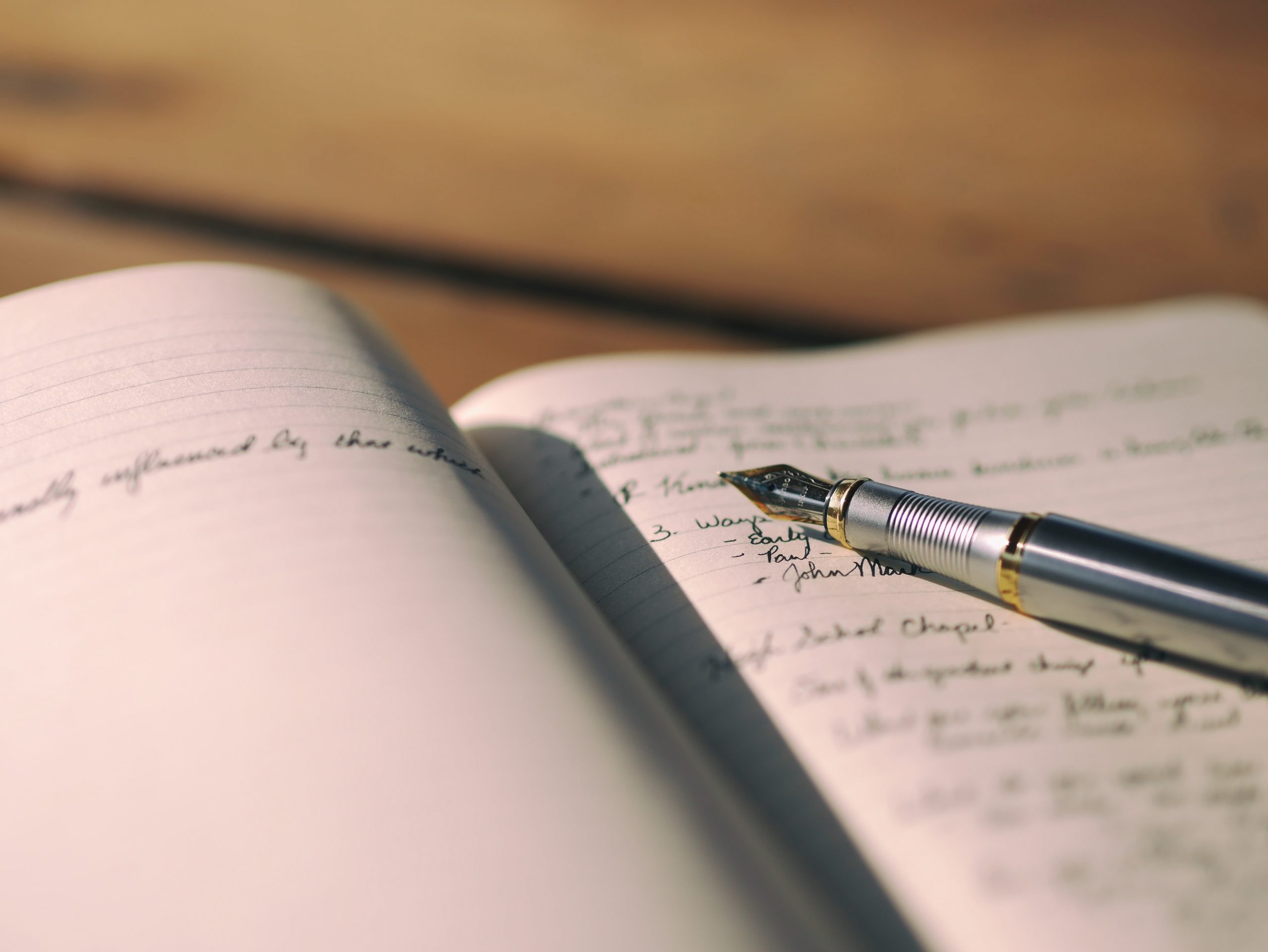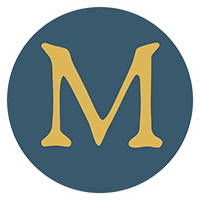
“If you don’t have time to read, you don’t have the time (or the tools) to write. Simple as that.” Stephen King
Sounds simple, but when the advice comes from a multi-award-winning, internationally bestselling author you have to figure there might be some truth to it! But what should you read? When it comes to fiction the choice is endless. Read books that excite you, that inspire you. Genres you love and then something completely different!
But what if you want to learn the technical side of writing? With so many books on writing, how do you know which ones offer the best advice? Personal recommendations are always the best place to start so as all the team in book shop are writers themselves, we’ve put together a list of some of our favourites:
On Writing by Stephen King
Part memoir, part masterclass this books offers a fascinating insight into how the master of horror and suspense became one of the bestselling authors of all time. It’s a practical view of the writer’s craft with plenty of useful advice and basic tools that every aspiring writer should learn.
How Not to Write a Novel by Sandra Newman and Howard Mittelmark
This quirky guide turns the normal writing advice book on its head and shows you exactly what not to do if you want to get your book published and on the bestseller lists. Featuring 200 mistakes it covers everything from plot and characters to style and voice.
Get a start in… Writing a Novel by Nigel Watts and Stephen May
This is one in a series of Teach Yourself books by Hodder that covers all types of books and genres. Broken down into easy to digest sections covering all aspects of writing from plotting and story arcs, to themes and symbolism, you can read it from start to finish or dip into different chapters on topics you might be struggling with. Other titles in the series include Writing from Children, Writing an Illustrated Children’s Book, Historical Fiction and Crime.
The Artists Way by Julia Cameron
Aimed at all creatives, not just writers, this is a workbook rather than reference guide that takes you through 12 weeks of exercises to get your creative juices flowing. It’s not for the faint-hearted though, as it does delve into the reader’s thoughts and beliefs and how these could affect your creativity. However twenty-five years after it was first published, the book is still considered one of the best books for writers and artists. One of the key actions it gets the reader to do is Morning Pages -three pages of longhand, stream of consciousness writing, done first thing in the morning. Give it a go; you’ll be amazed at the results!
Save the cat! Writes a Novel by Jessica Brody
Originally created for screenwriters the Save the Cat! Story structure methods demystifies the 15 ‘beats’ or points that every story contains creating an easy to follow template to help plot your novel. It’s a practical guide that uses examples from a wide range of bestselling books to show these beats can be found in works across all genres.
Writers and Artists Yearbook
Probably the most important book in the library of any writer. Whether you’re writing a novel, short story, fiction or non-fiction, the Yearbook is a mine of useful information. It contains comprehensive lists of contact details for publishers, literary agents, magazines, societies, festivals and prizes. Plus wide-ranging articles covering all aspects of the media and publishing industries written by those within the industry. It is published annually and there is also a Children’s Yearbook.
